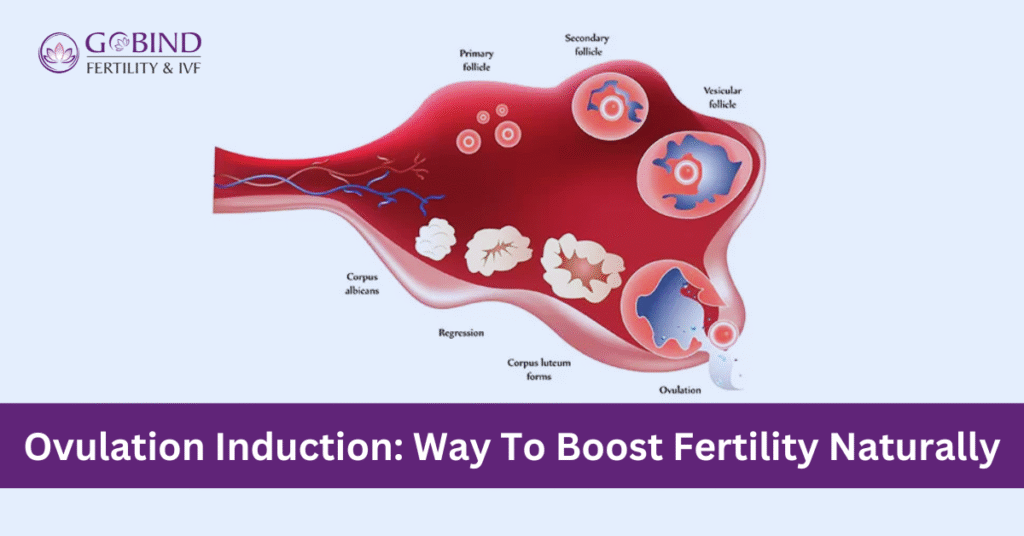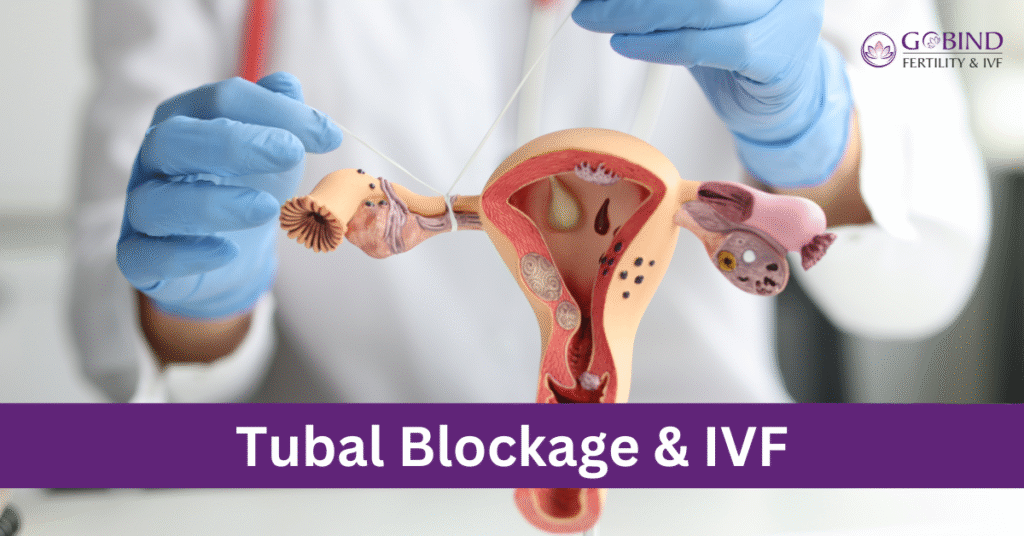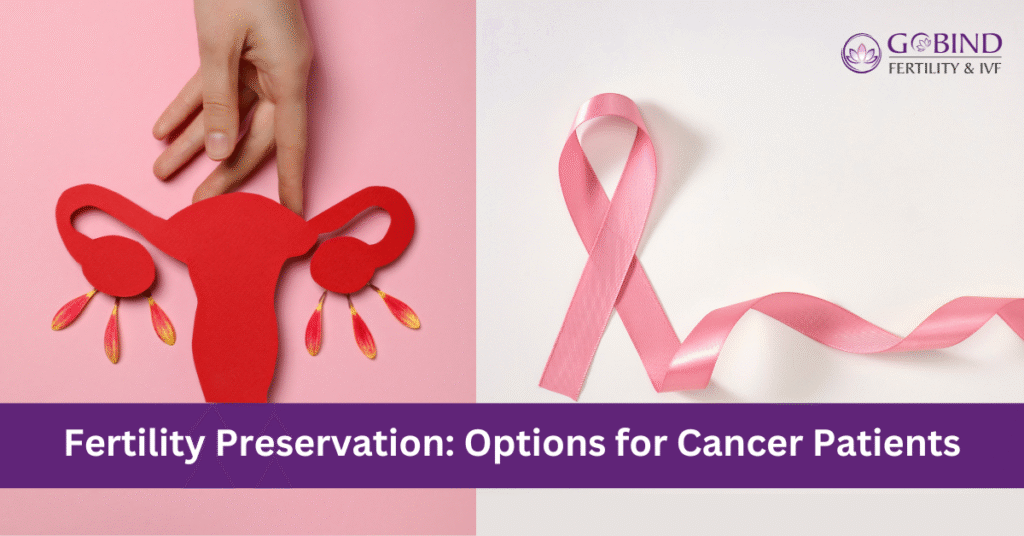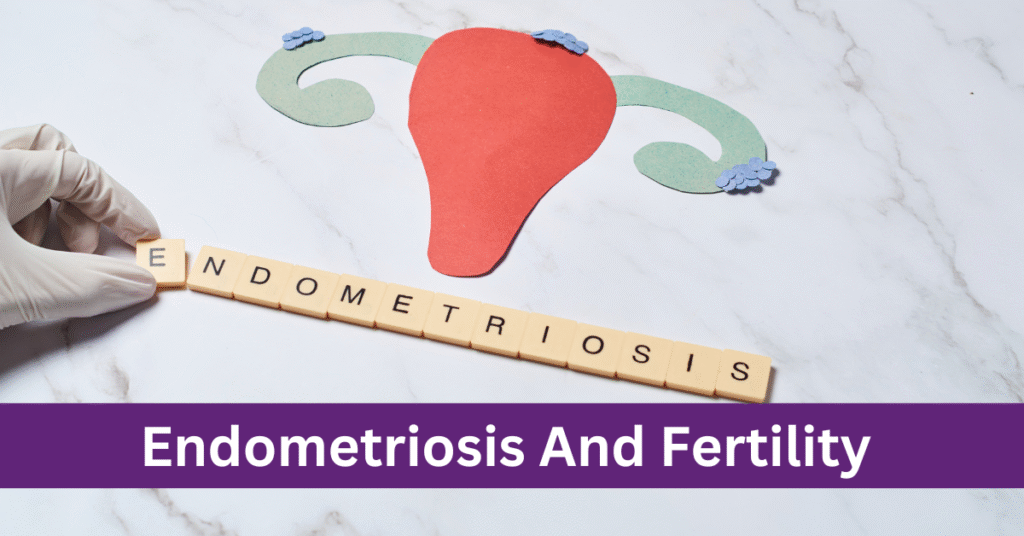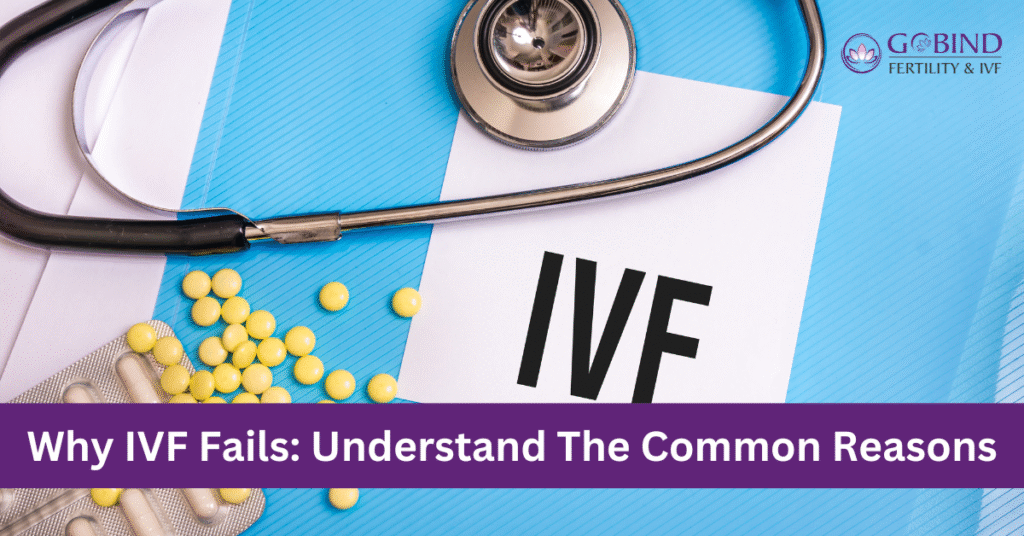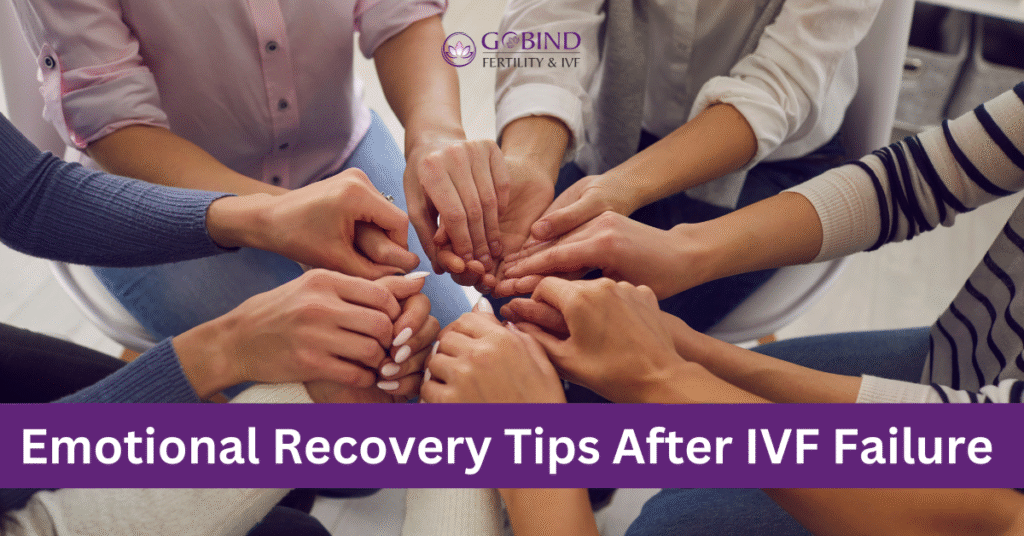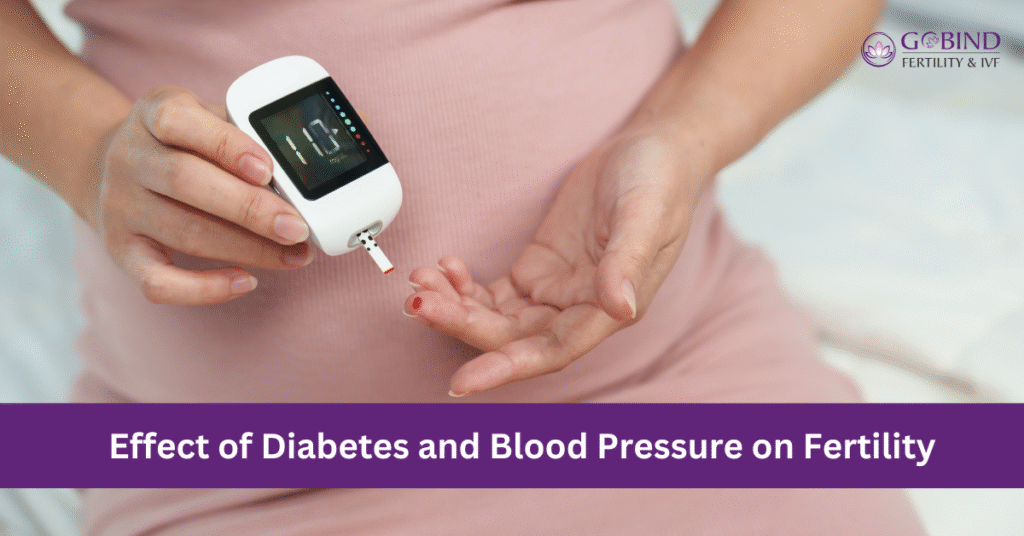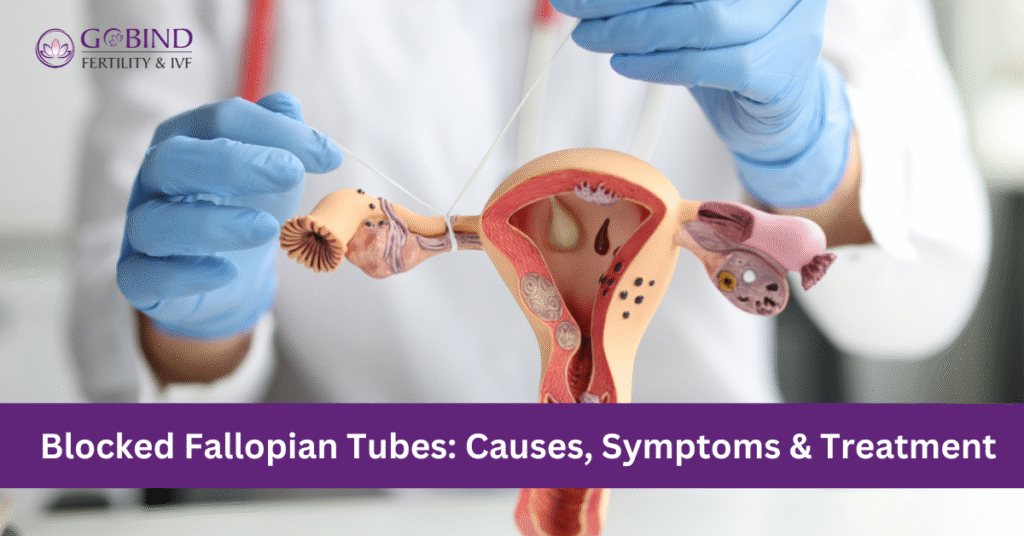Blog
Ovulation Induction: A Simple Way to Boost Your Fertility Naturally
For many couples trying to conceive, the journey to parenthood can be filled with hope, questions, and sometimes frustration. One common reason for difficulty in getting pregnant is irregular or absent ovulation. Thankfully, modern reproductive medicine offers effective and natural methods to assist in conception. One such method is Ovulation Induction (OI) – a safe,…
Read MoreTubal Blockage and IVF: Is It Your Best Option?
For many women struggling with infertility, tubal blockage can be a major roadblock on their journey to conception. The fallopian tubes play a critical role in fertilisation by transporting the egg to the uterus. When these tubes are blocked or damaged, it becomes nearly impossible for the sperm to meet the egg naturally. This is…
Read MoreFertility Preservation: Options for Cancer Patients
A cancer diagnosis can be life-altering in many ways, touching every aspect of an individual’s future, including their ability to have children. Treatments like chemotherapy, radiation, and certain surgeries, though critical for survival, can severely affect fertility in both men and women. For those of reproductive age or younger, concerns about future parenthood are valid…
Read MoreEndometriosis and Fertility: Can You Get Pregnant?
Endometriosis is a common yet often misunderstood condition that affects millions of women worldwide. One of the biggest concerns for women with endometriosis is fertility—can you still get pregnant? The answer isn’t straightforward, but with the right medical guidance and treatments, many women with endometriosis can conceive. At Gobind Fertility & IVF Centre, we specialise…
Read MoreWhy IVF Fails: Understanding the Common Reasons
Introduction In vitro fertilisation (IVF) is a ray of hope for couples struggling with infertility. It offers a scientific and highly effective way to achieve pregnancy, especially when other methods fail. However, despite technological advancements, IVF does not guarantee success. Many couples are devastated when their IVF cycle doesn’t result in a pregnancy, especially when…
Read MoreUnexplained Infertility in Young Couples: What to Know Early On
Introduction Fertility is often taken for granted by young, healthy couples—until conception doesn’t happen. While age-related fertility decline is commonly discussed, a growing number of couples in their 20s and 30s are facing a surprising challenge: unexplained infertility. Despite regular ovulation, healthy sperm, and open fallopian tubes, some couples find themselves unable to conceive without…
Read MoreThe Role of Exercise in Enhancing Fertility
How Staying Active Can Boost Your Chances of Conception Fertility is influenced by a complex interplay of hormones, lifestyle, environmental exposures, and genetics. While medical interventions like IVF and IUI are critical in many cases, an increasing number of fertility specialists now emphasise the importance of holistic lifestyle changes, especially regular physical activity. Exercise, when…
Read MoreEmotional Recovery Tips After IVF Failure
Introduction For couples struggling with infertility, IVF (In-Vitro Fertilisation) represents more than just a medical procedure—it’s a journey filled with hope, anticipation, and deep emotional investment. So when an IVF cycle fails, the disappointment can be devastating. Feelings of grief, sadness, frustration, and even guilt are common, and navigating through this emotional storm can be…
Read MoreEffect of Diabetes and Blood Pressure on Fertility: Insights from Gobind Fertility & IVF Centre
In today’s fast-paced world, health conditions like diabetes and high blood pressure (hypertension) are becoming increasingly common, not only affecting overall wellness but also playing a significant role in male and female fertility. At Gobind Fertility & IVF Centre, we often witness how these lifestyle diseases interfere with the chances of natural conception and even…
Read MoreBlocked Fallopian Tubes: Causes, Symptoms, and Treatments
When it comes to female fertility, healthy fallopian tubes play a crucial role in ensuring a successful pregnancy. Unfortunately, blocked fallopian tubes are a common cause of infertility in women, often going undetected until a woman starts trying to conceive. At Gobind Fertility & IVF Centre, we frequently diagnose and treat patients struggling with tubal…
Read More
